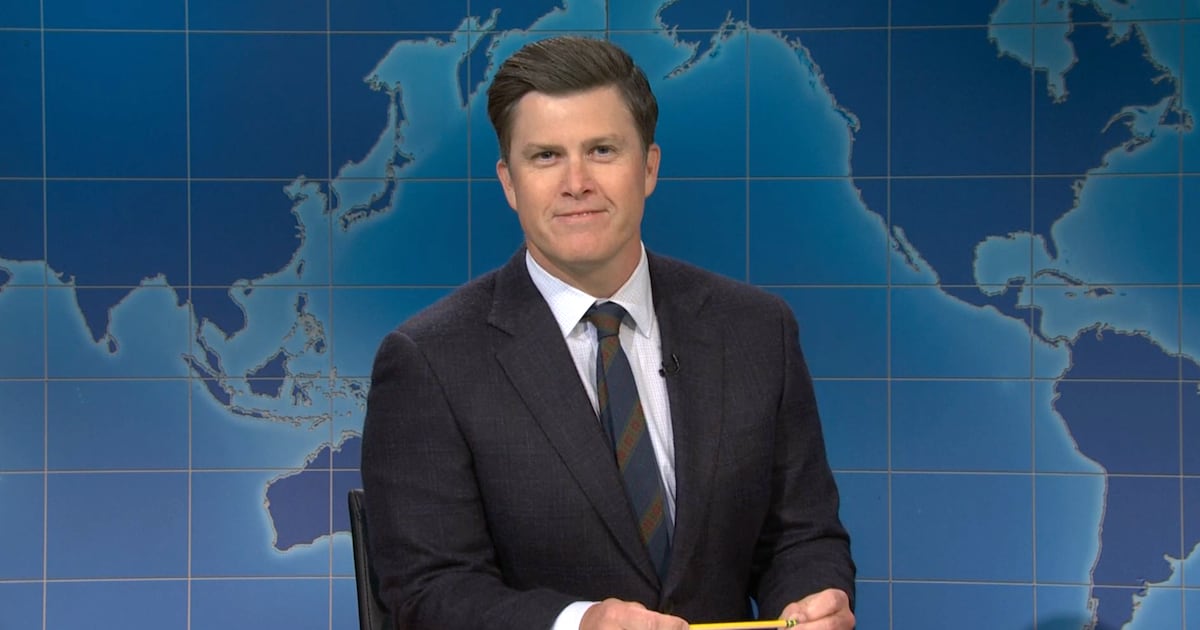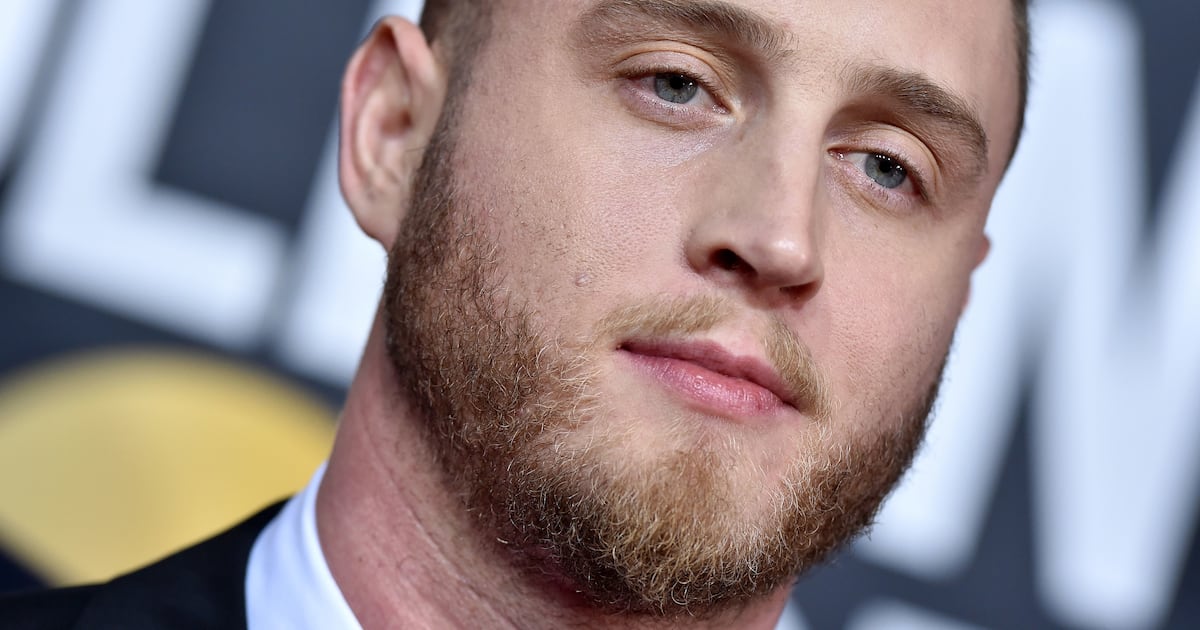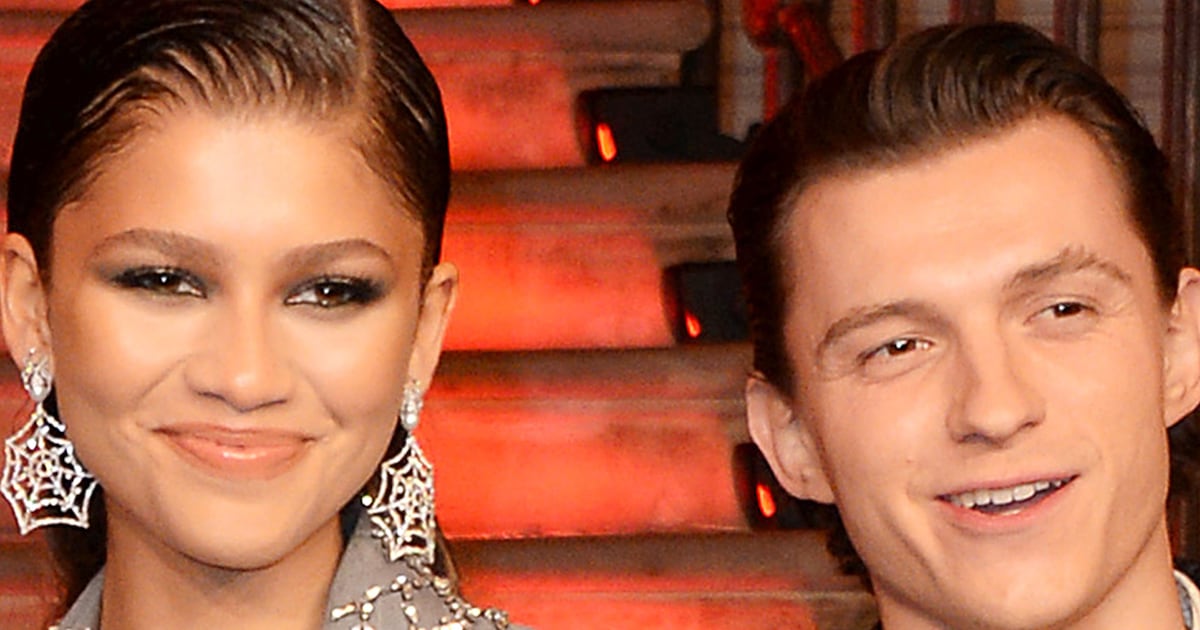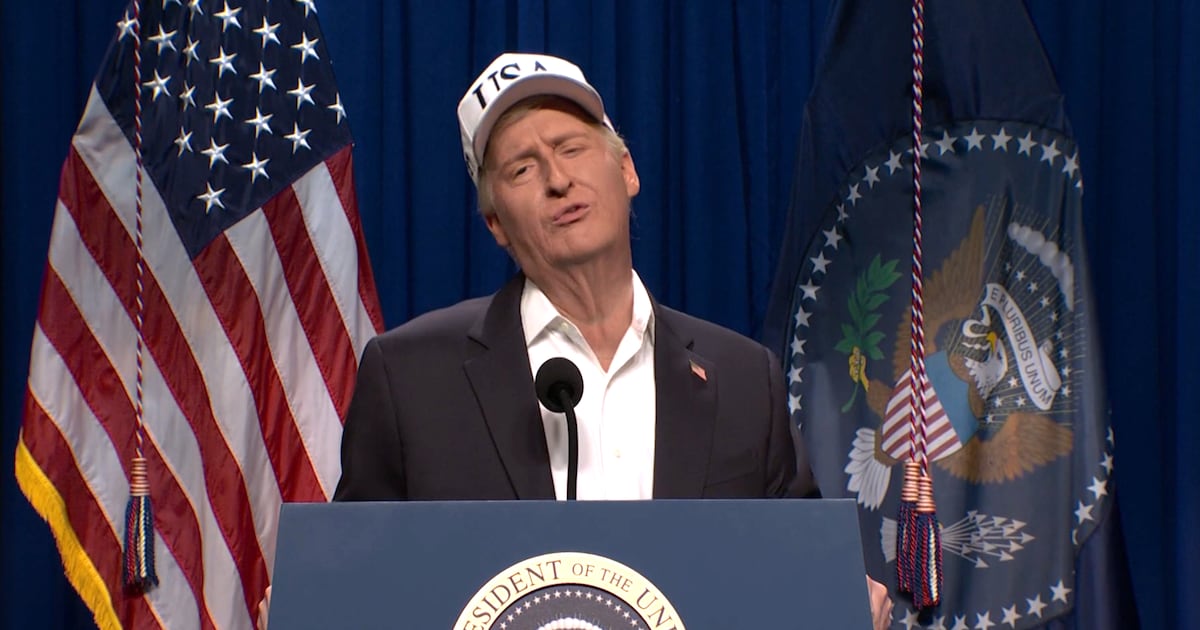Fairly or not, My Policeman will likely exacerbate claims that Harry Styles is engaged in queerbaiting. More pressingly, though, it calls into question whether the pop superstar is cut out for the big screen.
The second straight Styles drama (following Don’t Worry Darling) is about the dangerous unreliability of traditional heterosexual marriages. Michael Grandage adaption of Bethan Roberts’ 2012 novel—premiering at the Toronto International Film Festival before receiving a limited theatrical U.S. release on October 21—is led by a creaky and mannered performance from its headliner.
Styles strikes a handsome figure but fails to sell himself as a closeted 1950s Brighton, England, copper caught between his lover and his girlfriend. At no point does Styles fully inhabit his role, in large part because there’s rarely a moment when he isn’t visibly acting.
Whereas Styles has charisma to burn on stage, he comes across as timid and awkward in My Policeman, and not simply because his Tom Burgess is a cheery officer who’s grappling with—and struggling to hide—his same-sex desires. That said, no amount of masterful theatrics could save Grandage’s film, a work of unremitting clichés that’s so earnest about its hackneyed elements that it plays as a borderline parody.
It’s difficult to tell which Grandage adores more: bland exposition that spells out everyone’s clearly discernible internal thoughts and feelings; Steven Price’s score of melancholy piano and strings; or the sight of crashing waves, which prove to be stale evocations of the roiling turmoil engulfing his characters—something that’s obvious even before Ron Nyswaner’s script has one individual explain why they’re so transfixing and terrifying.
My Policeman is mainly set in the ’50s, but also boasts a contemporary framing story that takes place at the seaside home of Tom (Linus Roache) and wife Marion (Gina McKee). Much to Tom’s chagrin, Marion agrees to care for a stroke-afflicted resident, Patrick Hazlewood (Rupert Everett), who shares a deep and initially mysterious relationship to the couple. The longer Patrick resides in this house, the angrier Tom gets. Meanwhile, Marion pores through her visitor’s journals, thereby instigating the film’s flashback passages.
Structurally, it faintly recalls The English Patient, while its tone might best be summed up as Merchant Ivory for tweens, whose relative lack of exposure to the film’s pedestrian devices are the only conceivable excuse for indulging in them.
As Marion reads Patrick’s diaries, My Policeman immerses itself in both her and his recollections of their fateful early years. Marion (The Crown’s Emma Corrin) first encounters Patrick via Tom, a newbie on the Brighton police force who explains that he believes a man should always try to improve himself. In this instance, that means convincing schoolteacher Marion to give him an education in literature and art. Tom turns out to be an easy and eager student, to the point of introducing Marion to Patrick (David Dawson), a local museum curator whom he supposedly met at an accident.
In the beginning, Marion thinks nothing of Tom and Patrick’s rapport, since most suspect that Patrick might actually be a better match for her, given their shared interests and chemistry. Marion, however, is in love with Tom, and thus oblivious to the fact that Tom and Patrick are a little too close for comfort, as evidenced by, among other things, Tom having a key to Patrick’s flat, which is decorated with a framed sketch of uniformed Tom.
Tom’s sexual disinterest in Marion is another red flag, although My Policeman casts its female protagonist’s cluelessness as a byproduct of the era. So too is Tom and Patrick’s clandestine romance, marked by furtive sexual rendezvouses shot in slow-motion in order to heighten their steamy-yet-chaste tastefulness.

Styles and Dawson share no sparks, and even if they did, Nyswaner’s screenplay sticks nothing more than platitudes and made-for-trailer pronouncements in their mouths—at least, when it’s not asking them to intensely brood or explosively lash out. Repression of the truth eventually breeds frustration and anger in this trio, but it all resembles a pantomime of more graceful and soulful films about the damage wrought from social prejudice and criminalization of “the other.”
Despite his undeniable homosexuality, Tom tells Patrick that he wants to marry Marion (which he subsequently does) because he cares for her, and Styles’ performance is too skin-deep to express whether that affection is genuine or merely a manufactured fiction created to let him conform and, thus, avoid being slandered as a “sexual pervert.” The musician-turned-actor isn’t capable of conveying Tom’s inner life, and consequently, the film hinges solely on shaky and predictable plot developments staged with affected delicacy and poignancy.
Those are depressingly by the books, and undone by stewardship that strives to emphasize every incident’s grand, agonized emotion—a tack that has the opposite effect, transforming the proceeding into something mechanical and occasionally ridiculous, especially in present-day sequences that require Roache, McKee and Everett to mope and fume with quiet, pent-up severity.
As a portrait of the injustice of intolerant laws and conventions, as well as of the damage caused by lies we tell ourselves and those closest to us, My Policeman has its heart in the right place. Noble virtue alone, however, can’t save director Grandage’s feature from its own formulaic and clunky impulses, which extend to a fixation on hands (as a vain way of expressing the tactility of passion) and on-the-nose match-cut transitions between its young and old characters. Considering that ungainliness, it shouldn’t come as a surprise that more than one character ultimately says “my policeman” out loud.
Nonetheless, it further casts the material as a laughable approximation of an award-season prestige drama, all manicured poses and gestures signifying painfully evident ideas and emotions.
A cynical viewer could easily read My Policeman as the second half of a one-two heterosexual-homosexual cinematic punch for Styles, designed to let him continue straddling the gender lines he fluidly blurs in his own public persona. No matter the star’s intentions, though, Grandage’s film is a rickety vehicle that does exactly what Billy Eichner and Nicholas Stoller’s Bros mocks: imagining a gay love story in old-fashioned and exaggerated tragic terms.





